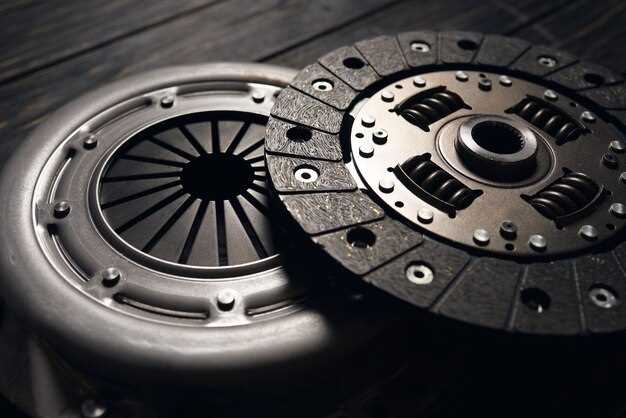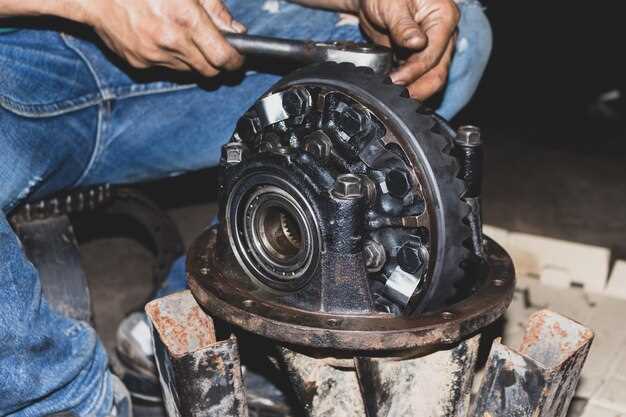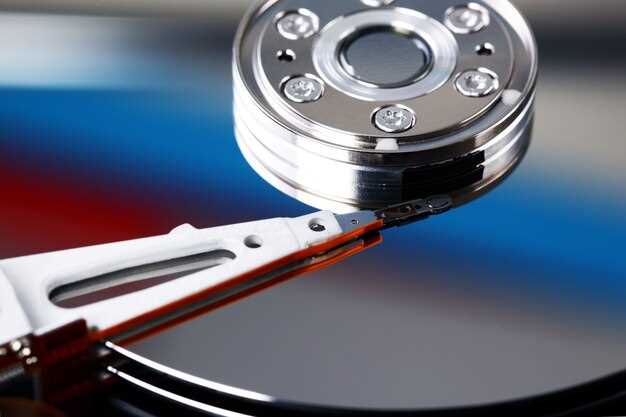
As a proud BMW owner, you rely on your vehicle’s performance and reliability. However, as with any mechanical component, the clutch in your BMW can wear out over time. Recognizing the early signs of clutch failure is crucial to maintaining the overall health of your car and ensuring a smooth driving experience. Ignoring these signs can lead to more significant issues and costly repairs.
There are several signs that may indicate your BMW requires a clutch replacement. First and foremost, pay attention to any changes in the vehicle’s performance during gear shifts. If you notice slipping, difficulty engaging gears, or unusual noises when changing gears, these symptoms are red flags that should not be ignored. Addressing these concerns promptly can prevent further damage and save you money on repairs.
Another sign to watch for is the engagement point of the clutch pedal. If the pedal feels unusually high or low when pressed, it may be a clear indicator of wear in the clutch system. Similarly, if you experience a burning smell during operation, it’s crucial to take your BMW to a qualified technician for inspection and potential replacement of the clutch. Understanding these symptoms will help you stay ahead of potential issues and maintain your vehicle’s performance.
Unusual Noises When Engaging Gears

When driving your BMW, it’s crucial to pay attention to any unusual noises that occur when you engage the gears. These sounds can be indicative of underlying issues, particularly related to the clutch. If you notice grinding, clunky, or high-pitched whines, it may suggest that the clutch is not functioning properly, potentially leading to the need for a replacement.
Grinding noises often indicate that the gears are not fully engaging due to excessive wear on the clutch components. This wear can result from insufficient lubrication or damage to the clutch plate itself. If you hear a soft whining or squealing sound, it could be a sign of a failing throw-out bearing, which also requires immediate attention.
Listen closely when shifting gears, especially from first to second and while reversing. Any signs of abnormal sounds should prompt you to consult a professional. Delaying attention to these symptoms may exacerbate the issue, resulting in a more costly replacement process.
Difficulty in Shifting Gears Smoothly

One of the most common signs indicating that your BMW may require a clutch replacement is difficulty in shifting gears smoothly. When the clutch begins to wear, you may experience resistance when trying to engage a gear, making transitions jerky or delayed. This symptom often manifests as grinding noises or the gear lever feeling stiff, which can disrupt the driving experience.
In addition, if you find yourself having to apply excessive force to shift, it’s a clear signal that the clutch is no longer functioning efficiently. This difficulty can lead to improper engagement of gears, potentially damaging the transmission over time.
Another aspect to consider is whether your BMW has trouble shifting into specific gears, notably the first and reverse. If these gears are particularly troublesome, it further emphasizes the need for timely clutch replacement. Addressing these issues promptly can help maintain your vehicle’s performance and prevent more extensive repairs down the line.
Unresponsive Clutch Pedal or Excessive Movement
An unresponsive clutch pedal or excessive movement can indicate serious issues with your BMW’s clutch system. If you notice that the pedal doesn’t engage or disengage smoothly, it may be a sign that the clutch is worn or damaged. This lack of responsiveness can lead to difficulties in shifting gears, resulting in an overall decline in driving performance.
Excessive movement in the clutch pedal, such as feeling it drop lower than usual or requiring more effort to press, can suggest that the clutch assembly is malfunctioning. Such signs may indicate the need for a clutch replacement. Ignoring these symptoms can lead to further damage and more expensive repairs down the line, making it imperative to address these issues promptly.
If you experience any of these signs, it’s advisable to schedule a diagnostic check with a qualified technician to assess the condition of your BMW’s clutch system and determine if a replacement is necessary.



